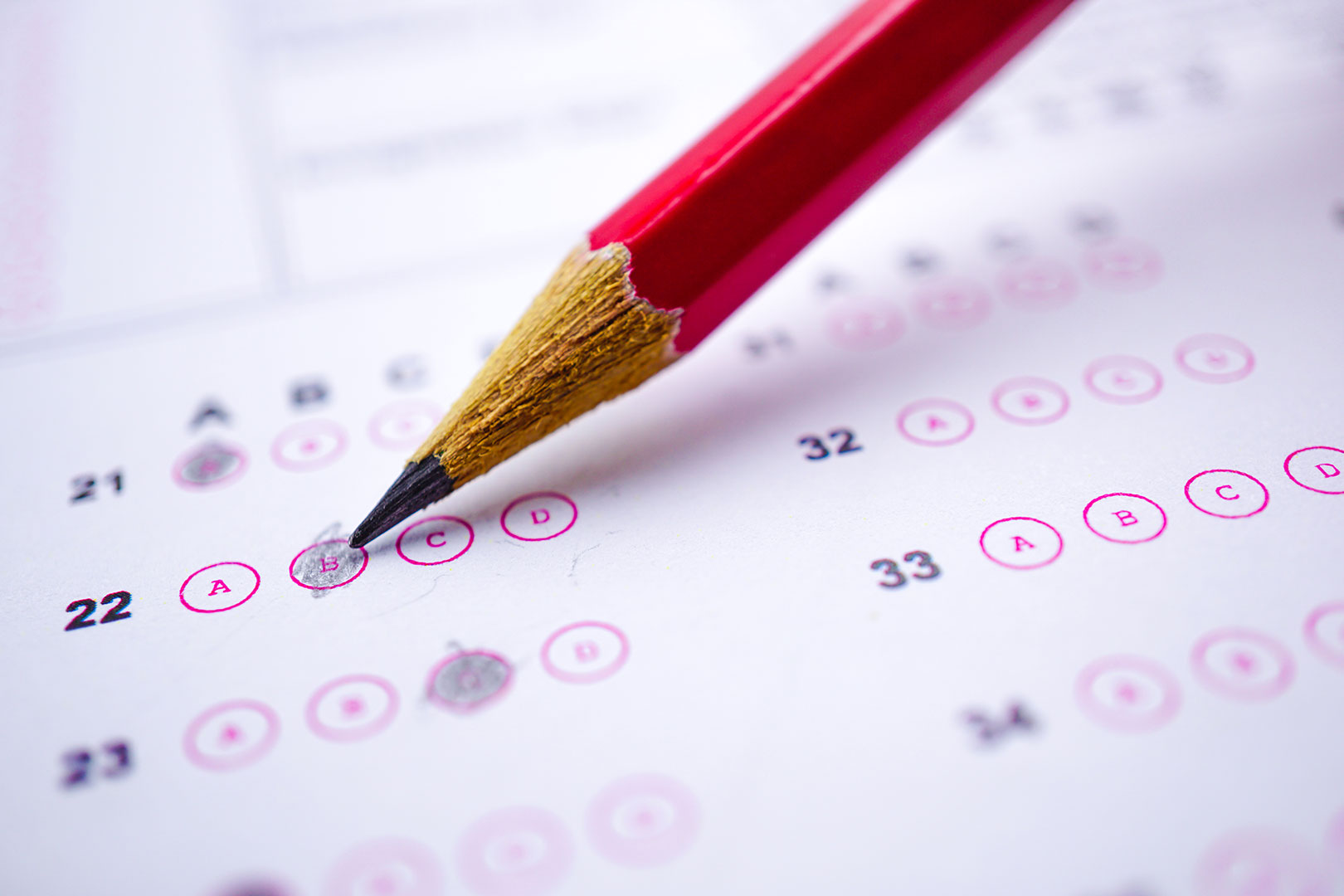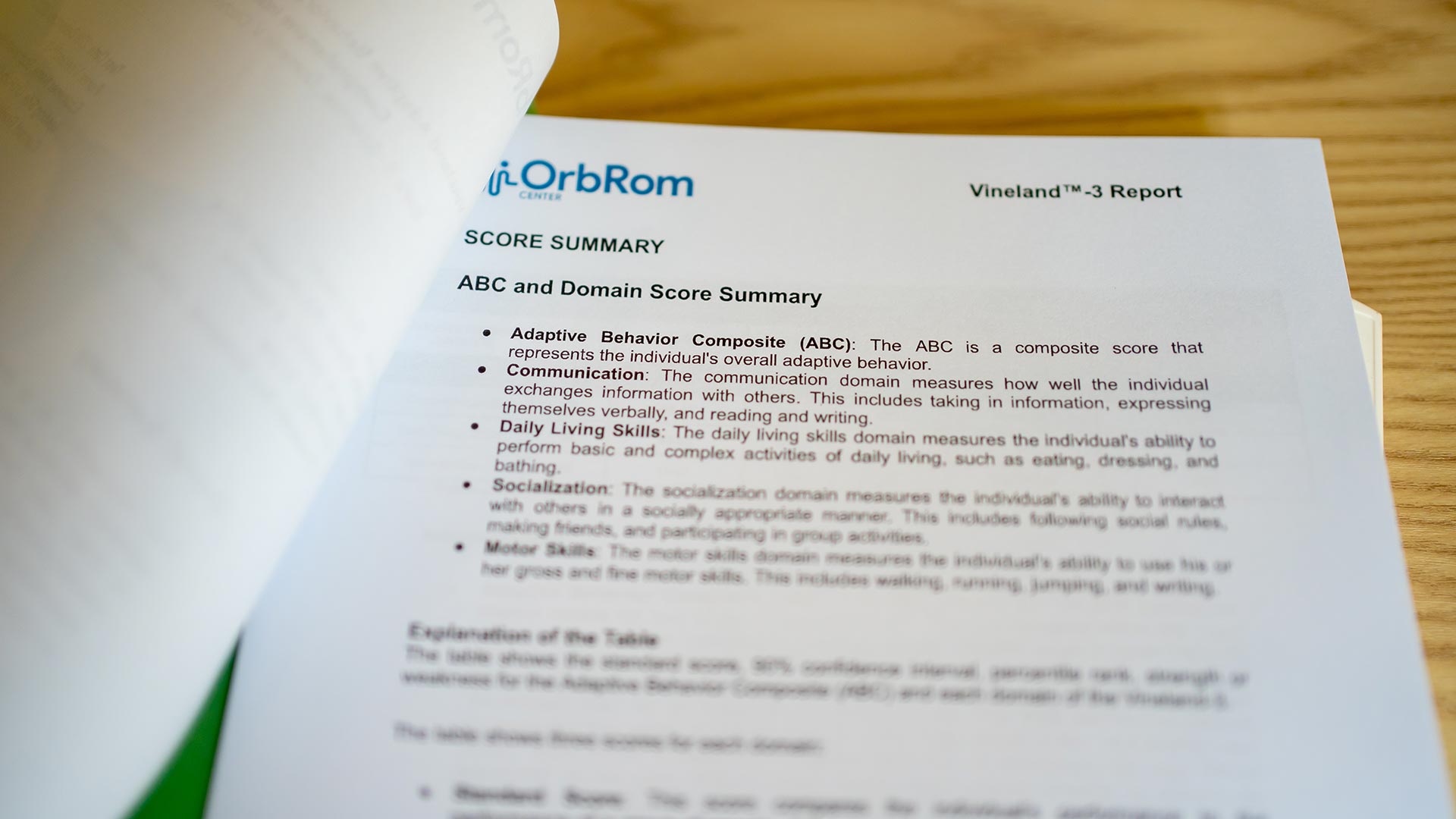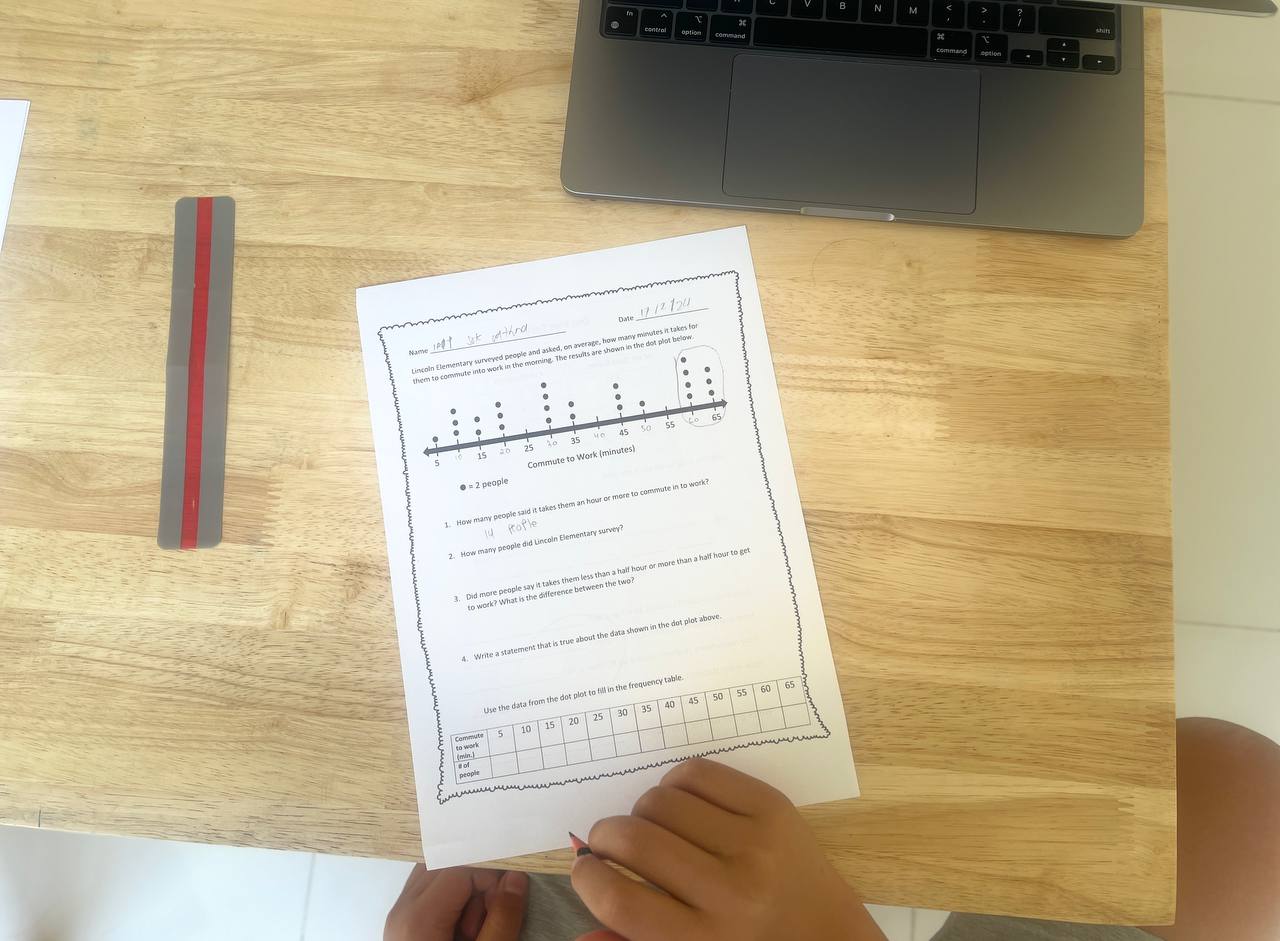Academic assessment is the process of gathering and interpreting information about student learning. It is used to inform instruction, track progress over time, and make decisions about placement and graduation. There are three main types of academic assessment: diagnostic, formative, and summative.
Diagnostic Assessment
Diagnostic assessment is used to determine a student’s current level of knowledge and skills. It is often given at the beginning of a course or unit to help the teacher identify any areas where students may need additional support. Diagnostic assessments can take many different forms, such as quizzes, pre-tests, and surveys.
Formative Assessment
Formative assessment is used to monitor student learning throughout the learning process. It is used to provide feedback to students and teachers so that they can make adjustments to instruction as needed. Formative assessments are typically low-stakes and can be as simple as asking students questions during class or giving them short quizzes.
Summative Assessment
Summative assessment is used to measure student learning at the end of a learning period. It is used to determine whether students have met the learning objectives for the course or unit. Summative assessments are typically high-stakes and can include tests, projects, and portfolios.
Norm-Referenced Assessment
Norm-referenced assessment compares a student’s performance to the performance of other students in the same age group or grade level. It is used to rank students relative to their peers and to identify students who are struggling or excelling. Norm-referenced assessments are often used in standardized testing.
Criterion-Referenced Assessment
Criterion-referenced assessment measures a student’s performance against a set of predetermined criteria. It is used to determine whether a student has met the learning objectives for a particular course or unit. Criterion-referenced assessments are often used in formative and summative assessments.
Ipsative Assessment
Ipsative assessment compares a student’s performance to their own previous performance. It is used to track student progress over time and to identify areas where students need to improve. Ipsative assessments are often used in formative assessment.
Purposes of Academic Assessment
Academic assessment serves a variety of purposes, including:
- To inform instruction: Assessment data can help teachers identify students’ strengths and weaknesses, and to adjust their instruction accordingly.
- To track progress over time: Assessment data can be used to track student progress over time and to identify students who are struggling or excelling.
- To make decisions about placement and graduation: Assessment data can be used to make decisions about student placement in courses and programs, and to determine whether students have met the requirements for graduation.
- To evaluate the effectiveness of instruction: Assessment data can be used to evaluate the effectiveness of instruction and to make necessary changes.
- To provide feedback to students and parents: Assessment data can be used to provide feedback to students and parents about student progress and areas where students need to improve.
Tips for Students
Here are some tips for students on how to succeed in academic assessments:
- Come prepared: Make sure to study the material and review your notes before any assessment.
- Read the instructions carefully: Make sure to read the instructions for each assessment carefully so that you understand what is expected of you.
- Manage your time wisely: If you have a timed assessment, be sure to manage your time wisely so that you have enough time to answer all of the questions.
- Answer to the best of your ability: If you don’t know the answer to a question, try to answer it to the best of your ability.
- Review your work: If you have time, be sure to review your work before submitting it.
Tips for Teachers
Here are some tips for teachers on how to use academic assessment effectively:
- Use a variety of assessment methods: Don’t rely on just one type of assessment to measure student learning. Use a variety of assessment methods, such as tests, quizzes, projects, and portfolios.
- Align assessments with learning objectives: Make sure that your assessments are aligned with the learning objectives for your course or unit.
- Provide feedback to students: Provide students with feedback on their assessments so that they can learn from their mistakes and improve their performance.
- Use assessment data to inform instruction: Use assessment data to identify students’ strengths and weaknesses, and to adjust your instruction accordingly.
Orbom Center offers Academic Assessments that provide teachers with the information they need to make informed decisions about instruction. The program includes diagnostic, formative, and summative assessments for a variety of subjects and grade levels. Contact us Today!
Find out if your child needs extra support today!
- My child screams hysterically
- My child is mean to other children
- My child is always worried
- My child is scared to go to school
- My child is scared of loud noises
- My child doesn’t know how to read
- My child is scared to play outside
- My child does not respond to his name
- My child always gets in trouble
- My child fights with other children
- My child doesn’t know how to count
If you are concerned about your child’s development, contact us for Assessments: Phone/Telegram: 077.455.993 – Telegram Link: https://t.me/OrbRom
If you are concerned about your child’s development, contact us for Assessments.
Phone/Telegram: 077.455.993 Link: https://t.me/OrbRom






Leave A Comment